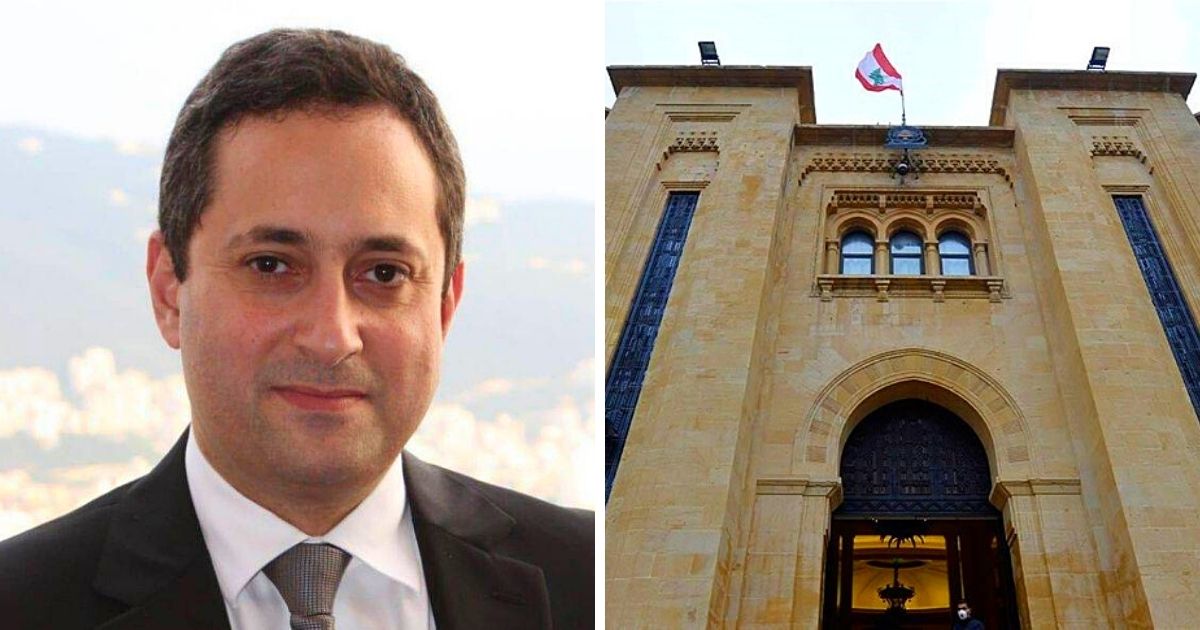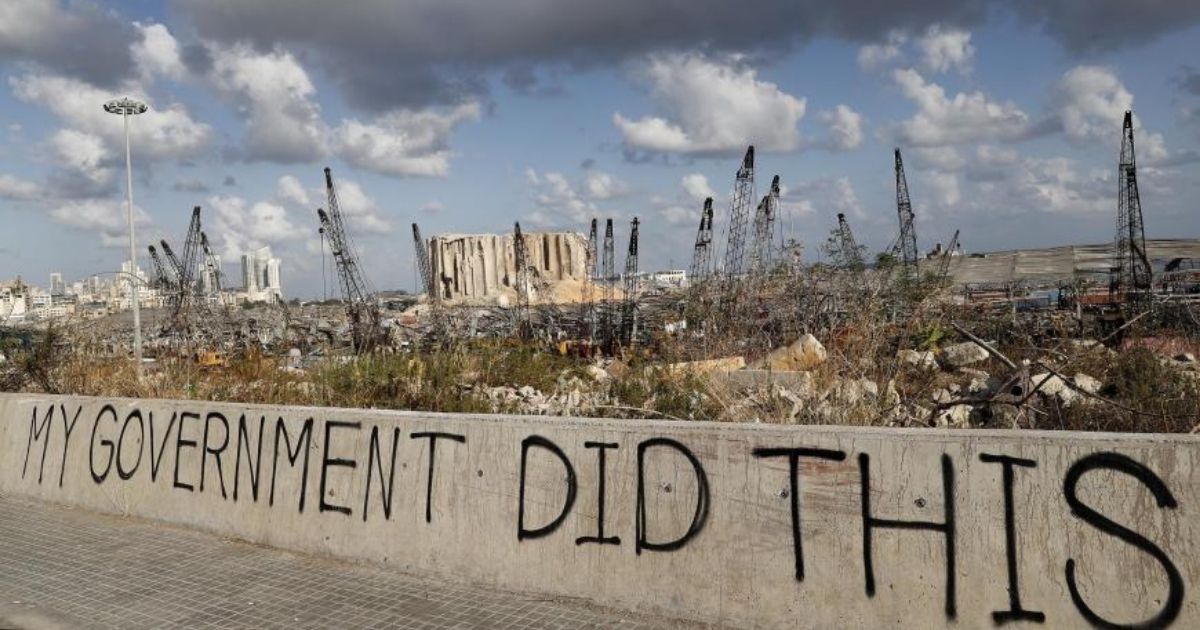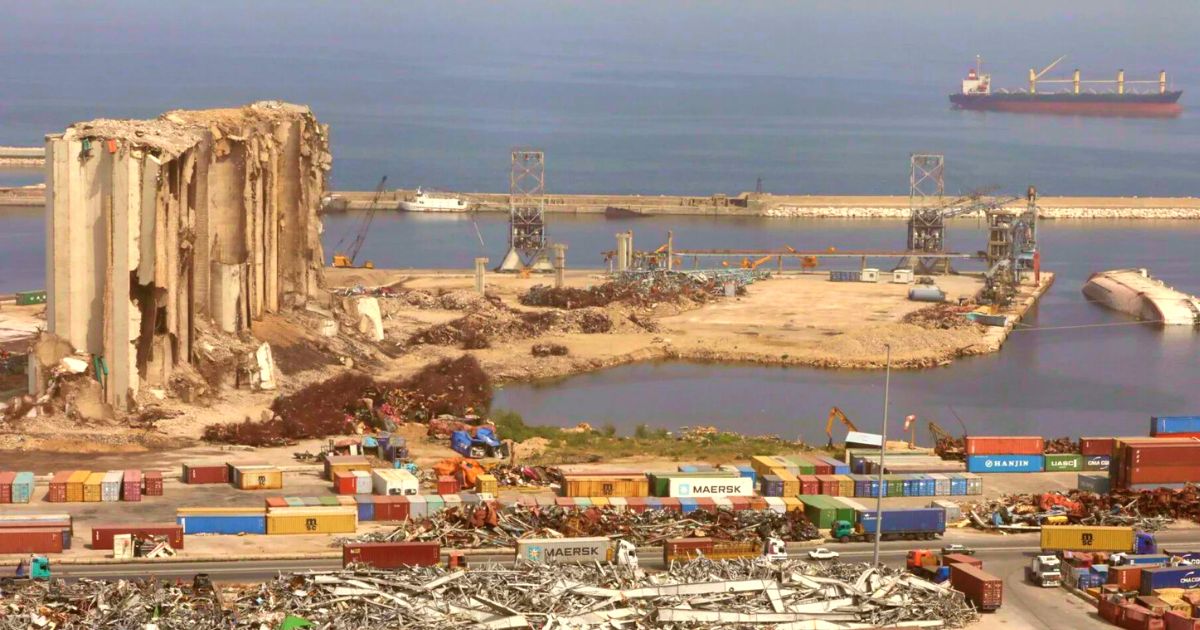The Lebanese Parliament sent a letter on Friday to Judge Tarek Bitar, the lead investigator into the Beirut Port Blast, notifying him that issuing a subpoena for caretaker Prime Minister Hassan Diab does not fall under his jurisdiction.
In the letter, Adnan Daher, Secretary-General of Parliament, informs Judge Tarek Bitar that he exceeded his powers by summoning caretaker Prime Minister Hassan Diab.
Adnan Daher justified this claim by referring to articles 70, 71, and 80 of the Constitution as well as to the law 13/90.
According to Legal Agenda, a Beirut-based research and advocacy organization, this letter violates article 419 of the Penal Code, among other things.
It both constitutes an interference in the Judge’s work and poses a breach of the constitutional principle of the separation of powers, the system that distributes the power to govern between the Legislative (Parliament), the Executive, and the Judiciary.
Legal Agenda also clarifies that Parliament Secretary-General Adnan Daher does not have the right to directly address Judge Tarek Bitar.
This violation of article 419 of the Penal Code involves, among other things, imprisonment.
This move by the Lebanese Parliament is deemed an obstruction to Judge Bitar’s investigation.
A similar move was recently seen when parliamentarians attempted to shift the investigation from Judge Bitar to a court that can be controlled by the Lebanese Parliament.
As witnessed during the initial lead investigator Judge Fadi Sawan, the politicization of the Beirut Blast’s investigation continues to be the main, and probably only, cause behind its delay in reaching any outcome and hence bring the perpetrators to justice.















